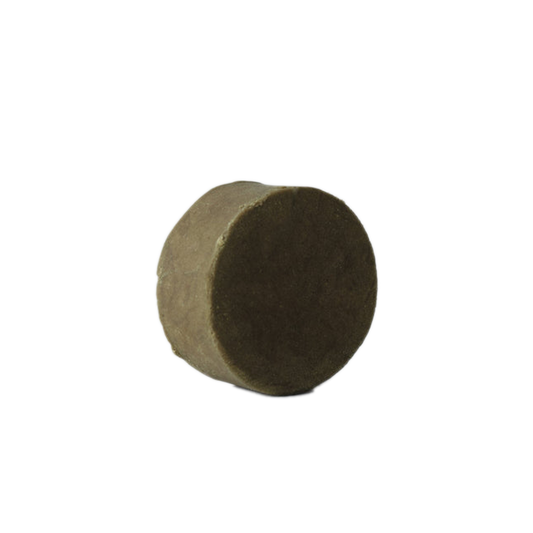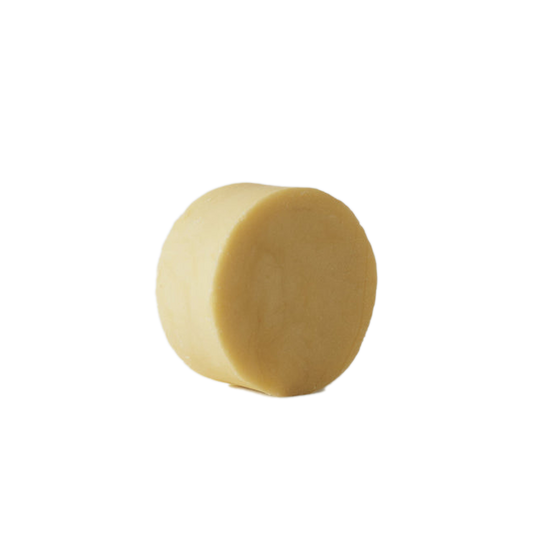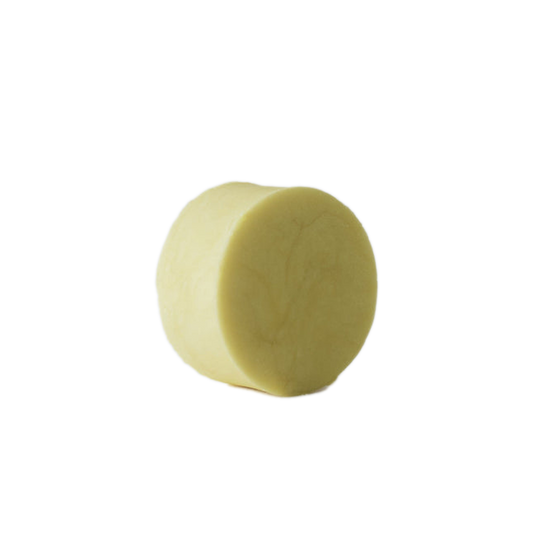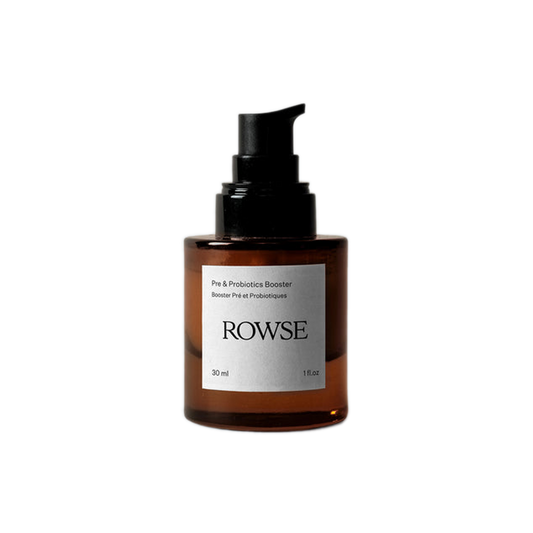At Glasshouse we’re constantly looking for ways to reduce our environmental output, whether is recyclable towels in the salon, getting our milk delivered in glass bottles instead of buying plastic ones or investing in eco-friendly packaging where possible. In recent years, ‘zero-waste’ beauty has been on the rise and the industry’s packaging problem has become front page news in everything from Stylist to i-D. Spurred on by Blue Planet II and the Plastic Ocean documentary, it’s clear that the issue can no longer be swept under the carpet (or into the sea).
Part of the issue with plastic is that not enough currently gets recycled, and the process itself can cause a high amount of gas emission. According to the Ellen MacArthur Foundation, only 14% of plastic packaging is collected for recycling and only 10% is then actually recycled. The rest goes to landfill (40%), incineration (14%), or simply gets lost into the environment (32%). Although the figures look daunting, there are plenty of small, everyday changes that we can embrace to reduce our waste.

Alternative Packaging
Though soap bars, shampoo bars and deodorant bars in wax wrappers are great in theory, the solution is not as practical for liquid products and can also become difficult to store when the wrapping and product begins to disintegrate after use. Luckily, plastic-free doesn’t have to mean packaging free, and materials such as glass and tin are great alternatives for creating eco-friendly packaging that doesn’t compromise on function or beautiful design.
Eco-blogger Kate Arnell has been on a zero-waste journey for four years and has found that high quality waste-free beauty options are certainly becoming more and more available. “A lot of people used to think natural, organic and plastic-free beauty had to be “crunchy” looking and a bit of a compromise but now it’s exciting to see more sophisticated brands popping up who are doing things better. I think it’s only a matter of time before plastic-free products become more normal.”
Where common plastics are made up of several different types of plastic and can be hard to break down, tin and glass can be recycled infinitely without loosing their quality. The metal and glass industries also use a much higher proportion of recycled materials to create new products, meaning that when you buy a product packaged in tin or glass, the likelihood is that it’s already made from partly recycled materials.
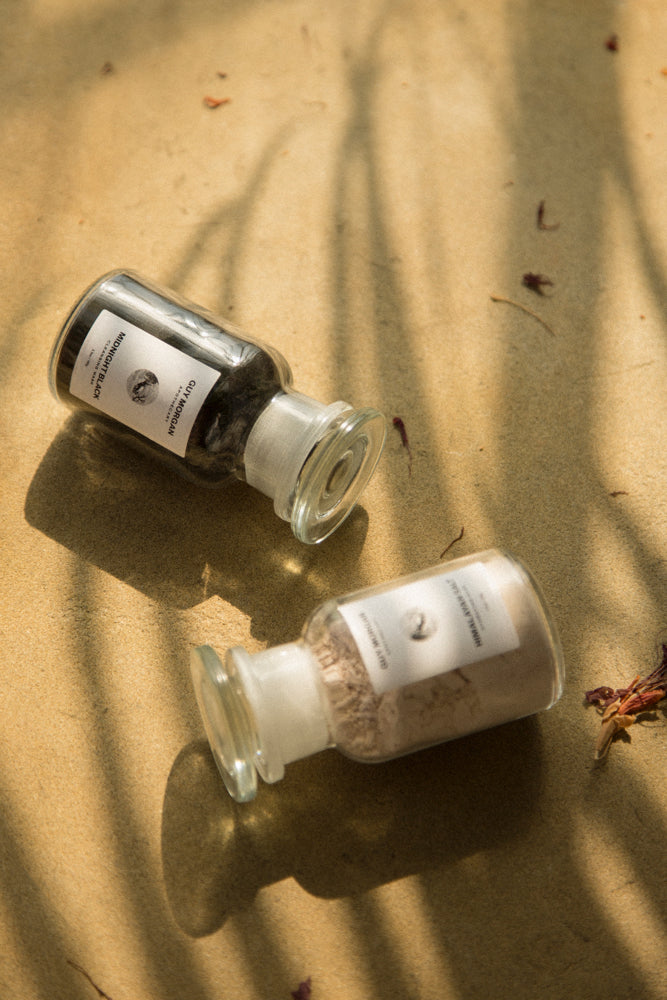
Multi Use
An easy way to cut back on waste is to simply use less products. When your lipstick doubles up as your blush, or your face oil as your hair oil, you are automatically using less overall packaging. Some of our favourites include RMS Lip2Cheek, a multipurpose colour pigment, and Guy Morgan’s White Marble Exfoliating Mask that doubles up as both a face mask and a face scrub.
Bulk Buying
Another route to a zero-waste life that has already taken the food industry by storm is bulk buying. At stores such as Earth Food Love in Devon or Bulk Market in Hackney customers can bring their reusable tins and stock up on everything from oats to pasta or even washing up liquid. Many bulk stores already stock eco-friendly bathroom staples such as bamboo toothbrushes, reusable cleansing cloths, organic tampons and plastic-free cotton buds. Although EU hygiene rules make it more difficult to store products like shampoo in bulk for the moment, it’s certainly a promising option when it comes to reducing packaging in the near future.
Refills
Where possible, some brands have started introducing rewards or discounts for customers who return packaging from their old products. Haeckels for example offer 15% off all glass products refilled at their store and organic makeup brand Kjaer Weis sell cardboard packaged refills for all their products, meaning you only have to buy the external packaging once.
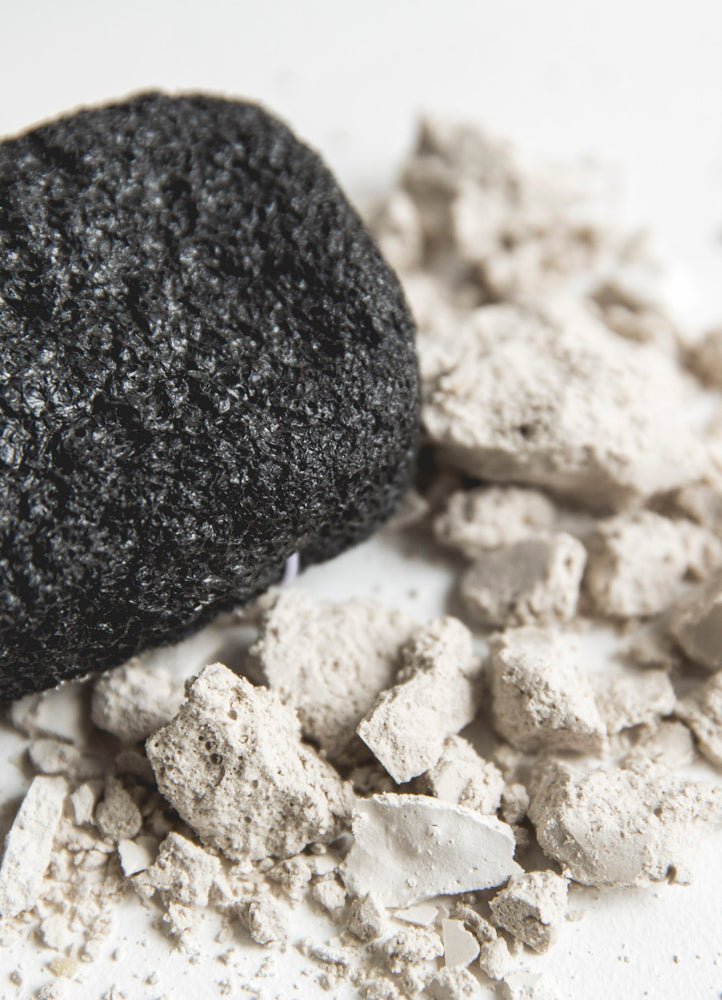
“I would like to see more refills available to people, either via mailing back an empty bottle, like Plaine Products do, or in store filling stations.” Says Kate. “Shops like Follain in the U.S have a beautiful set up with large steel drums and glass containers of soaps and lotions. I think if done well, it could be a beautiful set up that offers refilling without any compromises.”
Rather than worrying about how much trash you need to eliminate, Kate recommends starting small. “Start by simplifying. I took a look inside my beauty kit and considered what I truly need and use and decluttered the rest. There’s no point hanging on to it if I’m not going to wear it. For personal care, I started using a soap bar as body wash and invested in some reusables like a safety razor, organic face cloths and a menstrual cup. Small changes but they all start to add up.”
“There are actually very few rules within zero waste” she tells us. “Just do the best you can in a way that is sustainable for you. For some that means finding refills at their local bulk shop, for others who live more remoetly or without a bulk store, that will mean buying a product in an easy to recycle metal tin, glass or compostable cardboard.”
Featured image: Charlie McKay for Glasshouse Journal
Words: Phoebe Grace Ede

